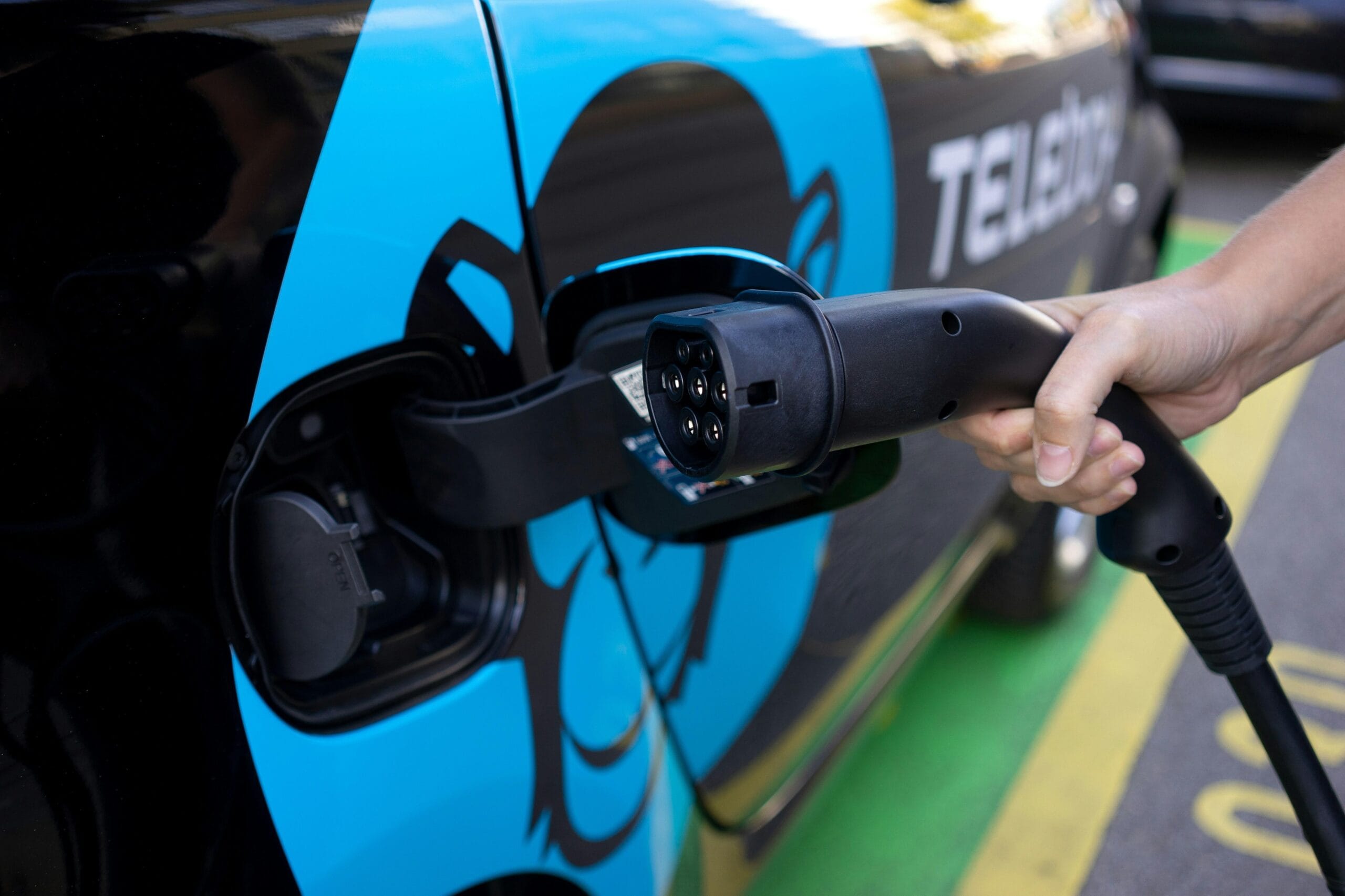What role does hydrogen fuel play in achieving global energy sustainability?
Why Hydrogen Fuel is the Next Big Thing
As the world continues to seek sustainable and eco-friendly energy solutions, hydrogen fuel has emerged as a promising alternative that could significantly impact the energy sector. This article delves into why hydrogen fuel is considered the next big thing, exploring its benefits, applications, and potential to transform our energy landscape.
Introduction to Hydrogen Fuel
Hydrogen fuel, often referred to as fuel cell technology, involves using hydrogen to generate electricity through a chemical reaction. This technology has been under development for decades, but recent advancements have positioned it as a viable alternative to fossil fuels. With the growing urgency to reduce carbon emissions and combat climate change, hydrogen fuel offers a beacon of hope for a cleaner and more sustainable future.
Benefits of Hydrogen Fuel
- Zero Emissions: When hydrogen is used in fuel cells, the only by-product is water, making it a zero-emission energy source.
- Abundance: Hydrogen is the most abundant element in the universe, readily available from various sources including water, natural gas, and biomass.
- Energy Efficiency: Hydrogen fuel cells have a higher efficiency compared to internal combustion engines, converting more of the fuel’s energy directly into usable power.
- Renewable Energy Integration: Hydrogen can be produced using renewable energy sources like solar and wind, facilitating energy storage and grid stability.
- Energy Security: Hydrogen production can be localized, reducing dependence on imported fossil fuels and enhancing energy security.
Applications of Hydrogen Fuel
Hydrogen fuel has diverse applications across various sectors. Here are some key areas where hydrogen fuel is making a significant impact:
Transportation
One of the most promising applications of hydrogen fuel is in the transportation sector. Hydrogen fuel cell vehicles (FCVs) offer a clean alternative to gasoline and diesel-powered vehicles. Major automotive manufacturers are investing in hydrogen technology, with several models already available on the market.
Industrial Usage
Industries such as steel production, chemical manufacturing, and refining are exploring hydrogen as a cleaner alternative for high-temperature processes that traditionally rely on fossil fuels.
Energy Storage
Hydrogen can be used to store energy generated from renewable sources. It can be stored and transported for later use, balancing supply and demand on the electrical grid.
Power Generation
Hydrogen fuel cells can provide backup power for critical infrastructure, including hospitals, data centers, and emergency services. They offer a reliable and clean source of energy for situations where traditional power sources may fail.
Hydrogen Fuel vs. Traditional Fuels
| Aspect | Hydrogen Fuel | Traditional Fuels |
|---|---|---|
| Emissions | Zero emissions (water as by-product) | Significant CO2 and other pollutants |
| Source | Abundant (water, natural gas, biomass) | Limited (oil reserves) |
| Efficiency | Higher efficiency in fuel cells | Lower efficiency in combustion engines |
| Renewability | Renewable when produced using renewable energy | Non-renewable |
| Infrastructure | Developing | Well-established |
Case Studies and Success Stories
Several groundbreaking projects worldwide demonstrate the growing viability and benefits of hydrogen fuel:
California’s Hydrogen Highway
California has taken significant strides in supporting hydrogen infrastructure with the development of the Hydrogen Highway, aiming to establish a network of hydrogen refueling stations across the state. This initiative supports the deployment of hydrogen fuel cell vehicles and promotes cleaner transportation options.
Japan’s Hydrogen Society
Japan has been a global leader in adopting hydrogen fuel, with plans to create a hydrogen-based society. The country has invested heavily in hydrogen infrastructure, including hydrogen-powered buses and residential fuel cell systems, showcasing the potential for a hydrogen-driven future.
Challenges and the Path Ahead
Despite its many benefits, the widespread adoption of hydrogen fuel faces several challenges that need to be addressed:
- Infrastructure Development: There is a need for extensive infrastructure for hydrogen production, storage, and distribution. Investment in refueling stations and pipelines is crucial for large-scale deployment.
- Cost: The current production cost of hydrogen, especially green hydrogen, is higher compared to traditional fuels. Economies of scale and continued technological advancements are necessary to reduce costs.
- Public Awareness: Increasing public awareness and acceptance of hydrogen technology is essential for its adoption. Educating consumers and stakeholders about its benefits can drive demand.
- Regulatory Support: Strong governmental policies and incentives are needed to support hydrogen research, development, and commercialization.
Conclusion
Hydrogen fuel represents a significant opportunity to transition towards a more sustainable and resilient energy future. While challenges remain, the potential benefits of zero emissions, abundant resources, and diverse applications make hydrogen fuel the next big thing in the energy sector. With continued investment, innovation, and supportive policies, hydrogen fuel could play a crucial role in addressing global energy needs and combating climate change.
As we move forward, embracing hydrogen fuel can drive us closer to a cleaner, greener, and more sustainable world.
